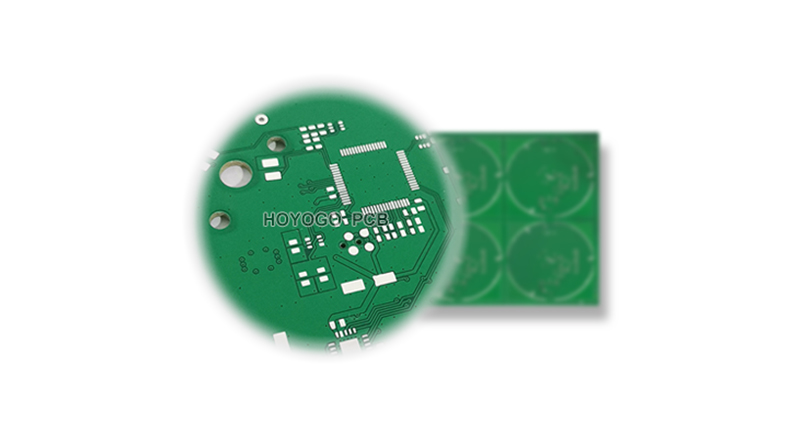What are the Characteristics of Halogen-free PCB?
According to JPCA-ES-01-2003 standard: Copper clad laminates with chlorine (C1) and bromine (Br) contents less than 0.09% Wt (weight ratio) respectively (at the same time, the total amount of CI+Br ≤ 0.15% [1500PPM]) are defined as halogen-free copper clad laminates. So what are the characteristics of halogen-free PCB?

1. Environmental Protection
Halogen-free PCB board realizes environmental protection and non-toxicity of PCB by replacing or replacing harmful elements.
2. Flame Retardant
Most of the halogen-free materials are mainly phosphorus-based and phosphorus-nitrogen-based. The polymer resin containing phosphorus and nitrogen compounds will form a carbonized film when it is burned, which can isolate the burning surface of the resin from contact with the air, so that the fire can be extinguished and the flame retardant effect can be achieved.
3. Good Insulation
Halogen-free PCB uses phosphorus or nitrogen instead of halogen atoms, which reduces the polarity of the molecular bond segment of epoxy resin to a certain extent, thereby improving insulation resistance and breakdown resistance.
4. Low Water Absorption
Halogen-free base materials are less likely to form hydrogen bonds than halogen materials. For the base material, low water absorption has a certain influence on improving the reliability and stability of the base material.
5. Small Coefficient of Thermal Expansion
When the halogen-free sheet is heated, the mobility of nitrogen and phosphorus molecules is lower than that of conventional epoxy resins, so its thermal expansion coefficient is relatively small.
To sum up, the demand for halogen-free PCBs is definitely increasing, it has more advantages, and it can also meet the quality requirements of PCB in other performances. HoYoGo, as an international, professional and reliable PCB manufacturer, we can provide this service to our customers, all products are strictly in accordance with the IPC-A-600-H and IPC-6012 acceptance standards to ensure the quality of each product delivered to customers and reliability.
评论
发表评论